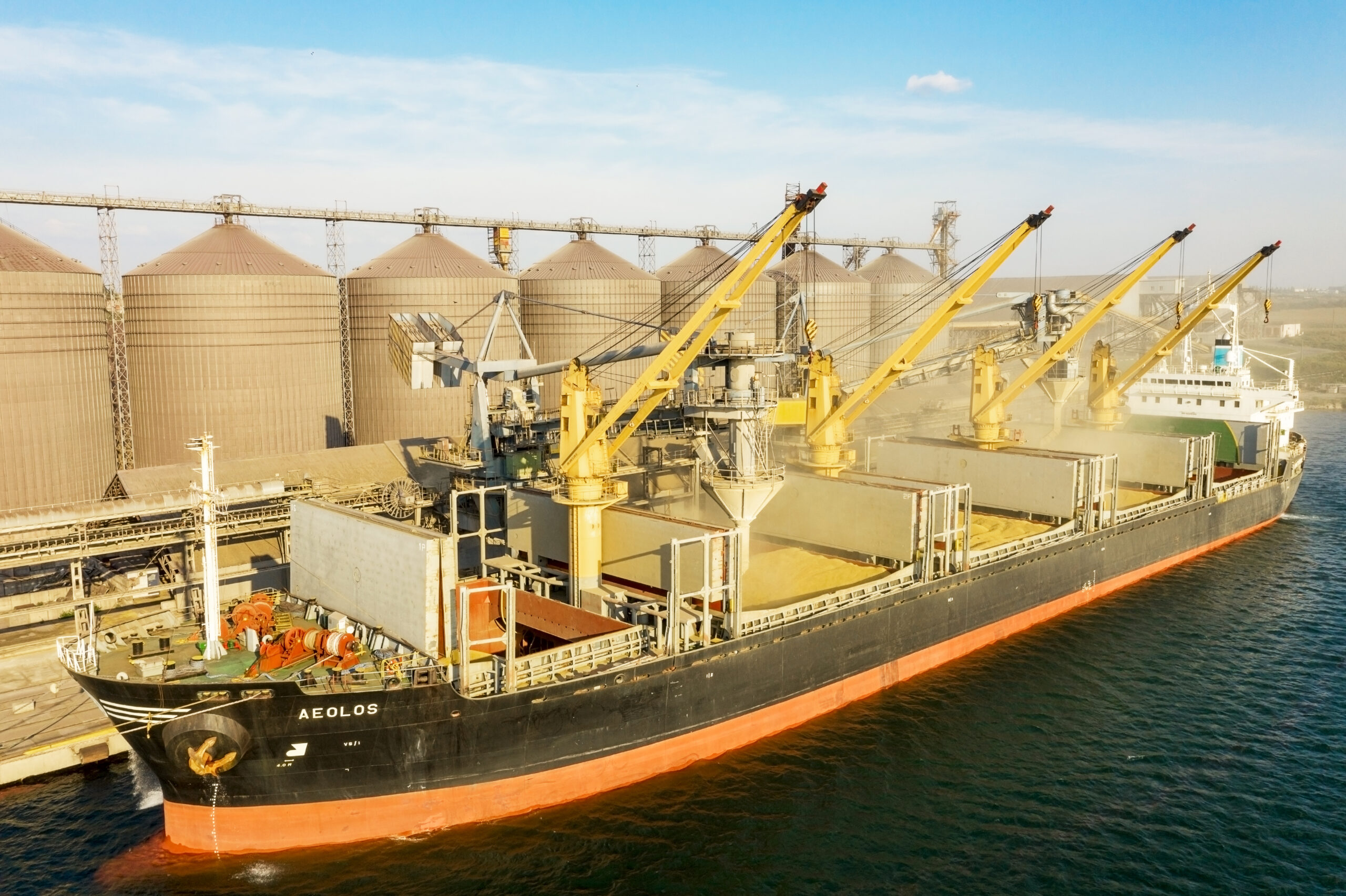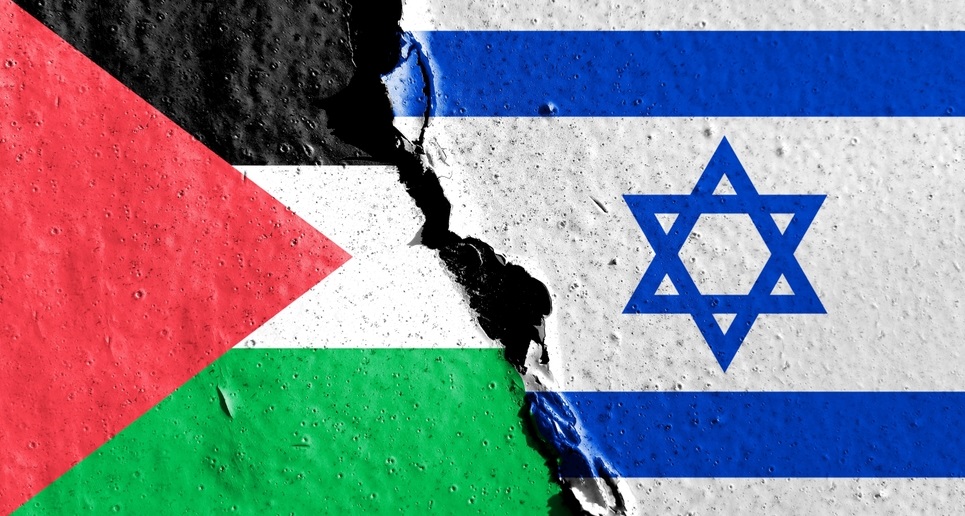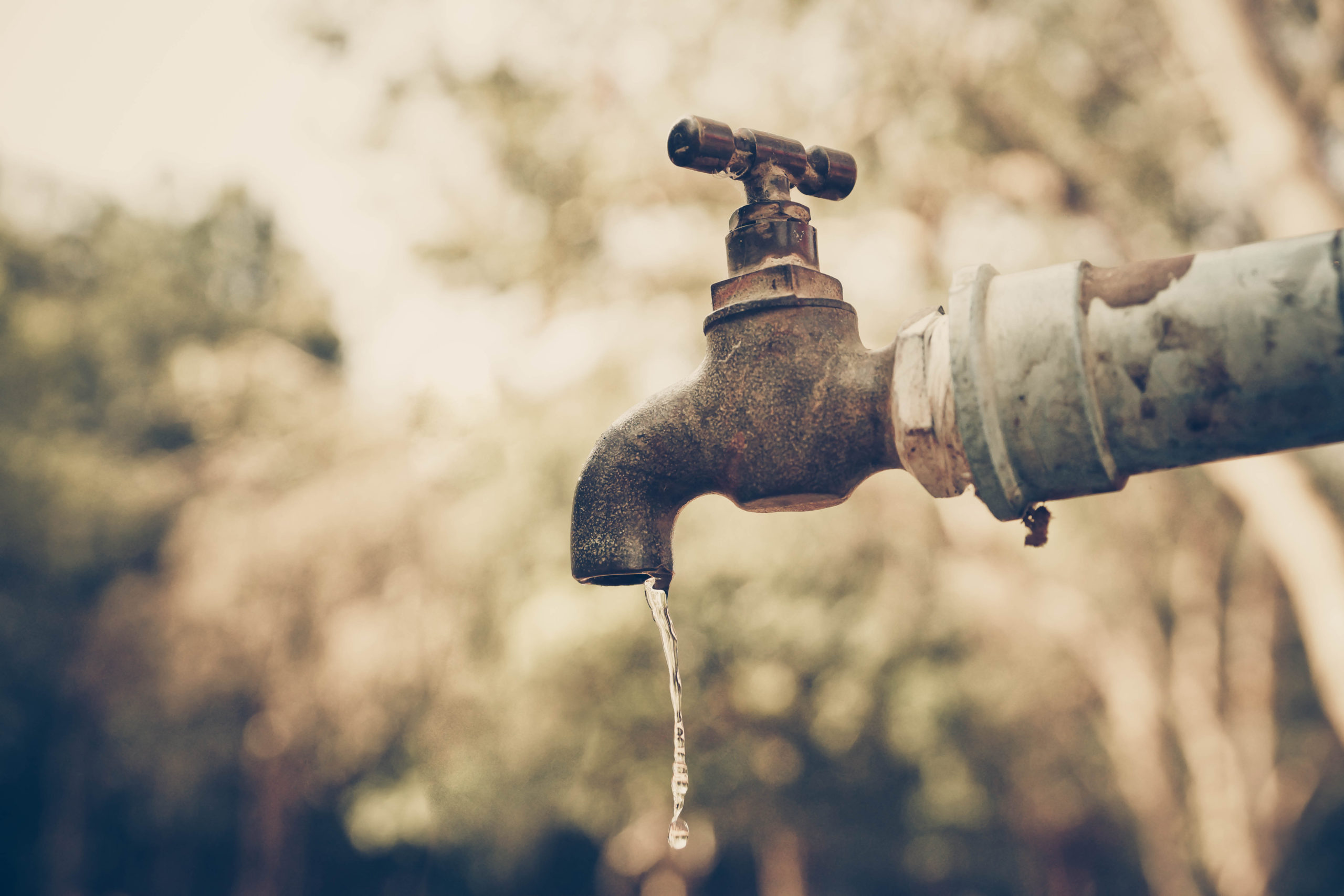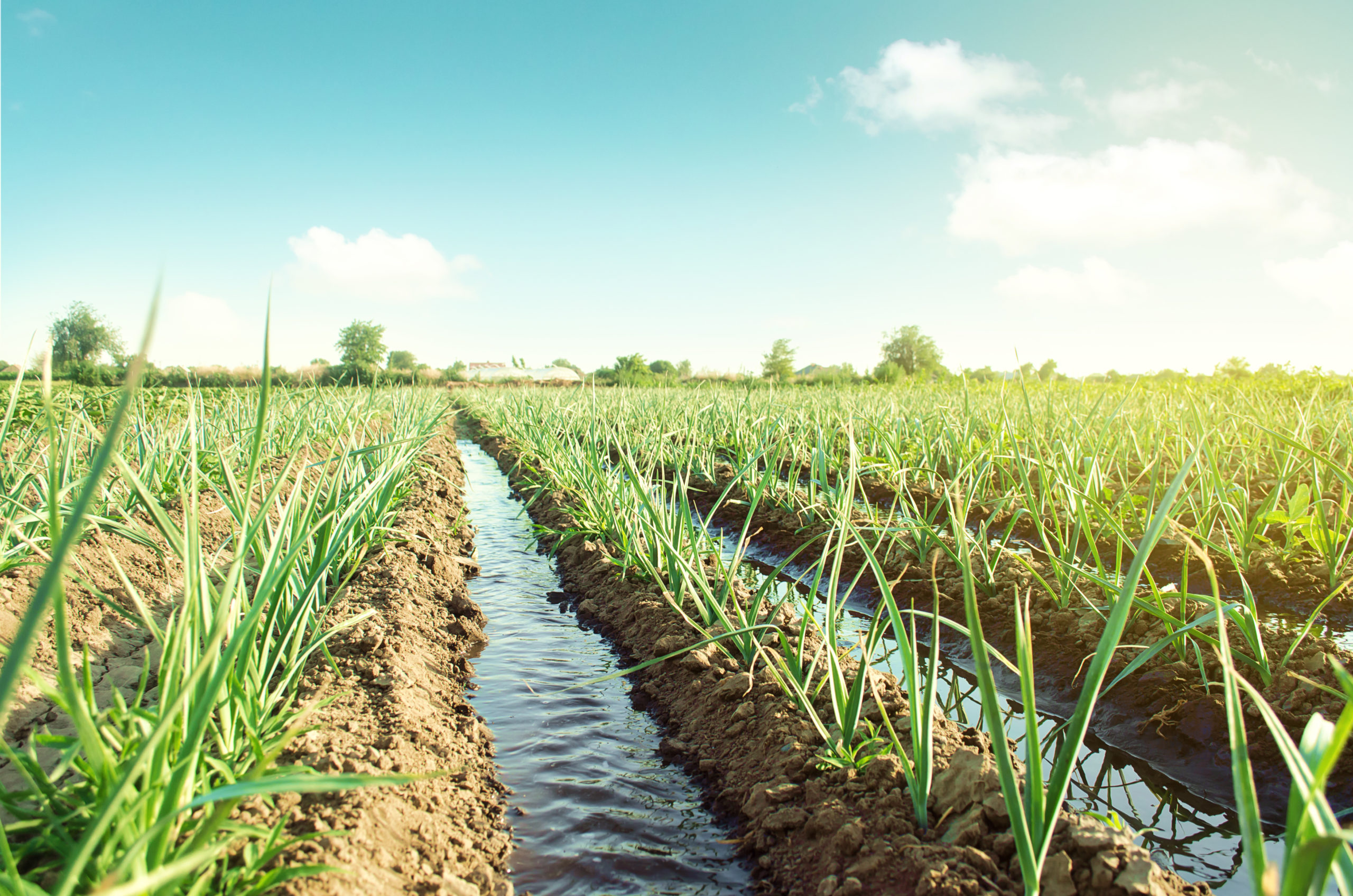Wageningen Economic Research (WEcR) is launching a website this week to provide information to the Ministry of Agriculture, Nature and Food Quality, the agricultural business community and other interested parties on the impact of the war in Ukraine on the food and energy situation.
Firstly, Ukraine and Russia are major global exporters of grain. Russia normally accounts for 20 per cent of grain exports, Ukraine for 10 per cent. A lot of grain now lies in storage in both countries. Because of the sanctions against Russia and the obliterated ports in Ukraine, little or none of that grain is reaching the world market.
Fleeing
Moreover, now is the time for Ukrainian farmers to sow for the next harvest, says WUR alumnus Kees Huizinga, who has a large farm in the Ukraine. But the war makes that impossible. It is too early for WEcR to say how much effect this will have on global grain prices. ‘It takes time to calculate scenarios with our economic models,’ says researcher Ron Bergevoet. Meanwhile, farmer Huizinga has fled the country and his farm is at a standstill.
Bergevoet foresees many more economic effects of the war besides the loss of grain production in Ukraine. The export of Dutch agricultural products to Ukraine and Russia – such as flowers and seed potatoes – has stopped abruptly. Agricultural production in Europe is hampered by the high energy prices. Some Dutch market gardeners, for example, have already stopped heating their greenhouses with expensive natural gas.
Artificial fertilizer
Europe’s boycott of Russia and Belarus has consequences for our country too, Bergevoet adds. The import of artificial fertilizers from Belarus will cease, as will the import of timber from that country to make pallets. This has an especially big impact, because Belarus supplies one quarter of the world’s timber for pallets, which are important for food transport.
Transport
Bergevoet foresees other transport problems too. Many Ukrainian truck drivers who drive for Polish transport companies have returned to the Ukraine to fight against the Russians. As a result, the shortage of truck drivers in Europe is increasing. And even organic meat production in the Netherlands is affected by the war. The organic livestock sector now uses GM-free soya from Ukraine. Finding alternatives will not be easy, Bergevoet predicts.

 Grain export from Ukraine, photo Shutterstock
Grain export from Ukraine, photo Shutterstock 

